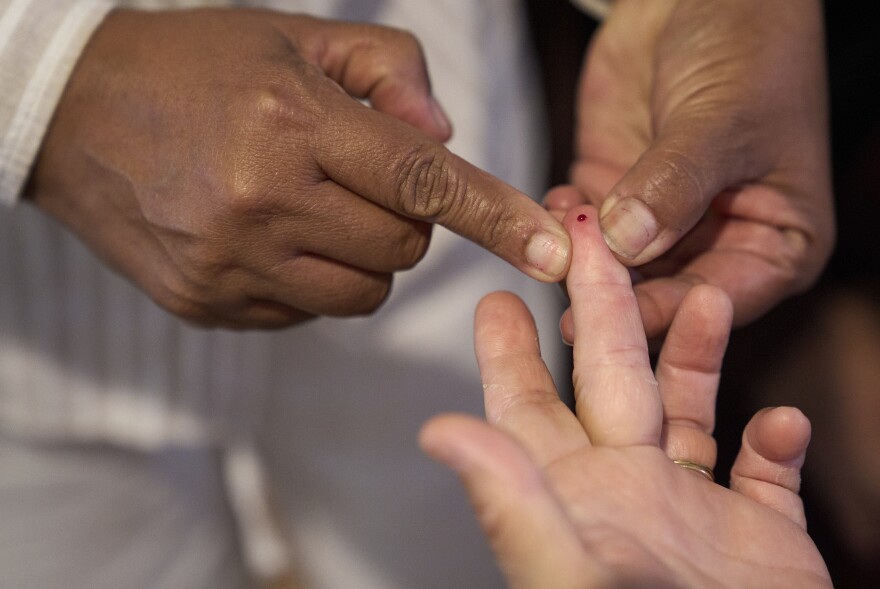Calhoun County is in the top 25% of Michigan counties for deaths due to diabetes per 100,000 residents above the state average. That’s according to the 2025 Calhoun County Community Health Needs Assessment.
Richard Hewitt is with the Michigan Collaborative for Type 2 Diabetes.
He said the these high mortality rates could be linked to disparities in access to care.
“The lower income demographic has less access to transportation, less access to care," Hewitt said.
"Less access to care means they're not going to be nearly as controlled with diabetes and other critical chronic illnesses as well.”
Hewitt added that these demographics also have less access to education, putting them at a significant disadvantage in understanding their own diabetes diagnosis.
The solution; bring care and education to those who need it.
“Let's set up clinics. Let's set up information centers. Let's set up classes. Let's go to their local community center. Let's go to their local church. Let's go to the places that they can access and have the ability to either walk or get a bus."
But Hewitt isn't the only one trying to improve health outcomes for those with diabetes in the county.
T.R. Shaw is a member of the Cereal City Rotary Club in Battle Creek, as well as Rotary's national Action Group for Diabetes.
He said Rotary has also been hard at work getting people access to care and education.
"We've worked with a couple of the hospitals here and their endocrinology staff went out and we get maybe 15 to 20 people that get screened and we'll find a few and help them get on the track to being diagnosed," Shaw said.
"We're trying to do education and awareness because a lot of people are just unaware or they're afraid that they might have it. And so we're trying to normalize the fear and trying to help people to get over the fear of it and how to be able to start dealing with it."
Shaw also pointed to Richard Hewitt's weekly diabetes support group hosted over Zoom, which connects attendees with resources and information to understand their diabetes diagnosis.
"We want to help them learn to control their diabetic condition so they minimize the impact on other health issues but also live a more active and a more fulfilling life," Hewitt said.
For more information about the weekly support group, email Hewitt at weeklydiabetes@gmail.com.
Michael Symonds reports for WMUK through the Report for America national service program.


